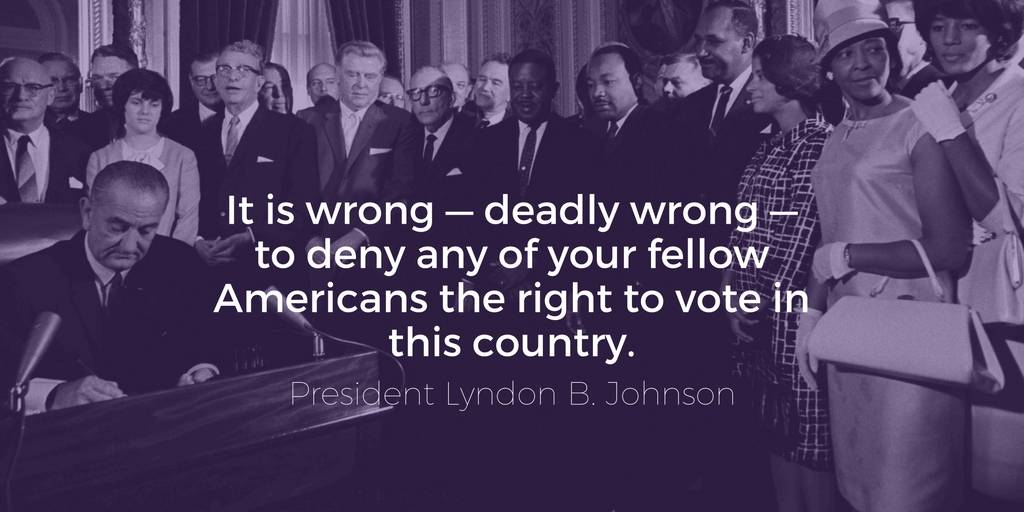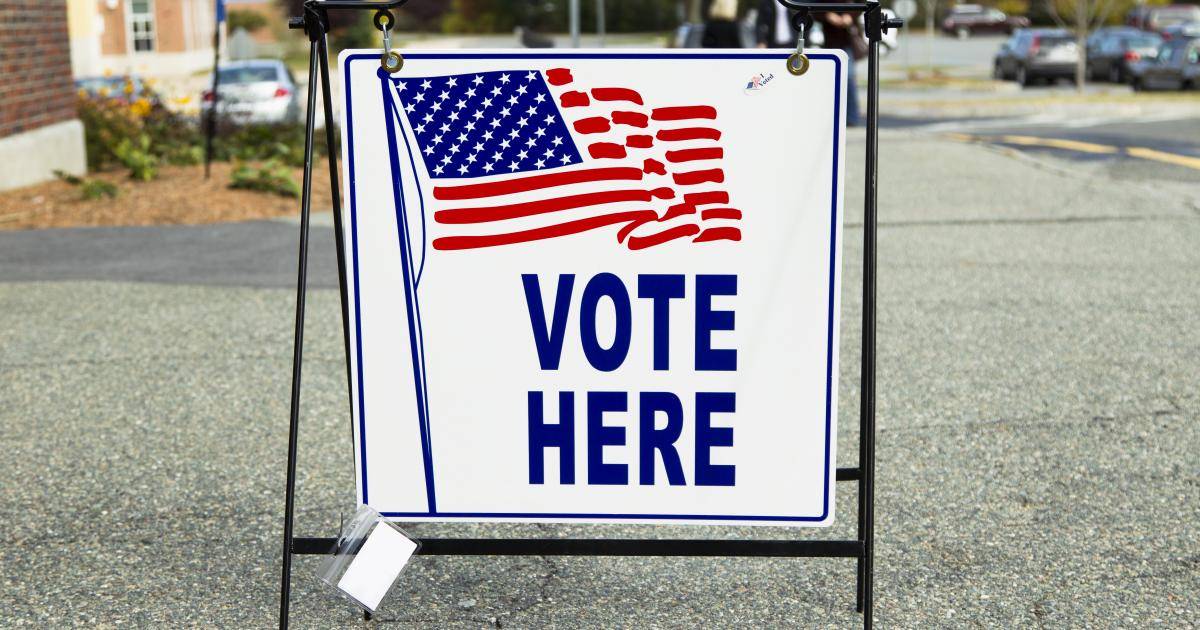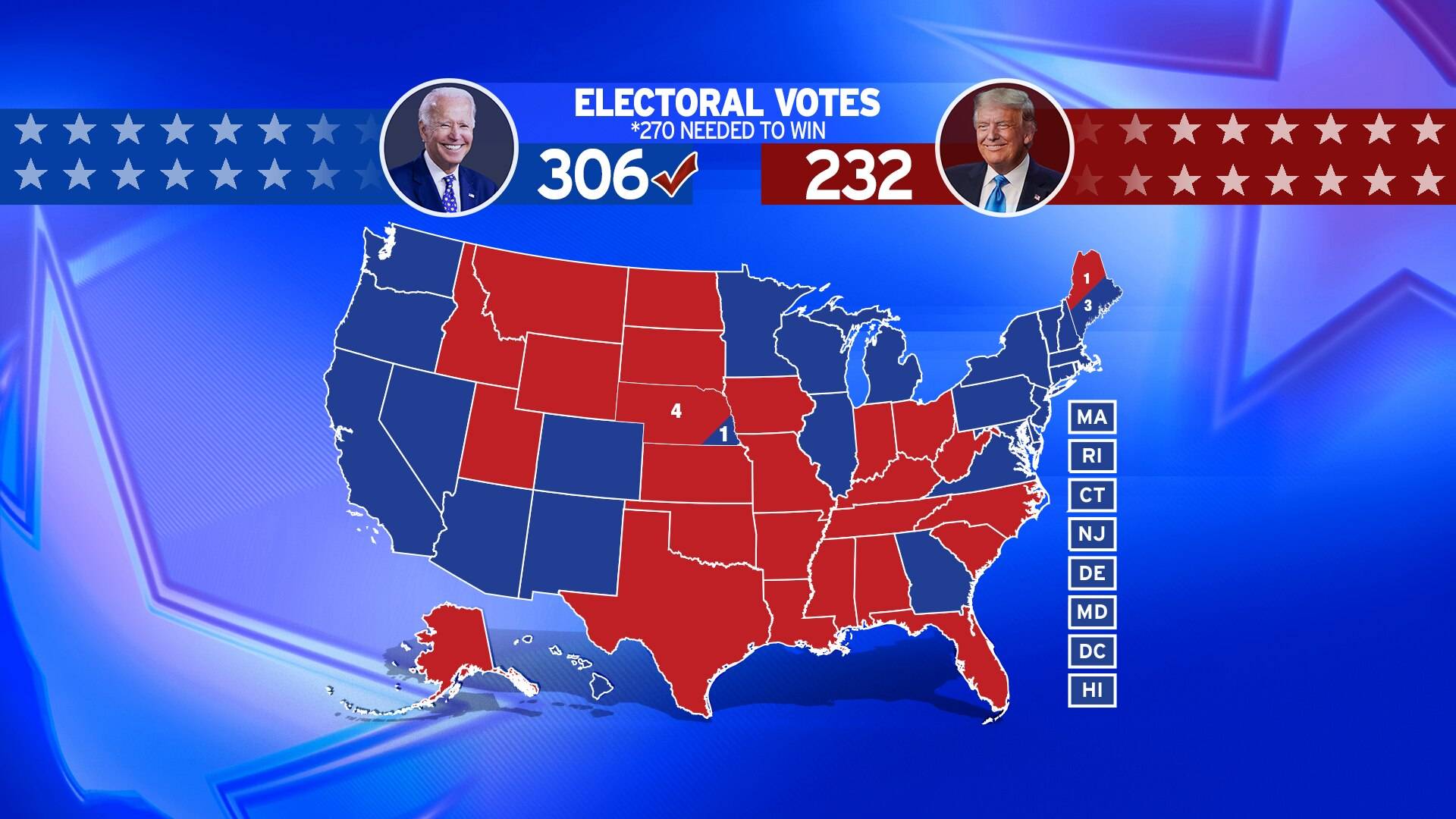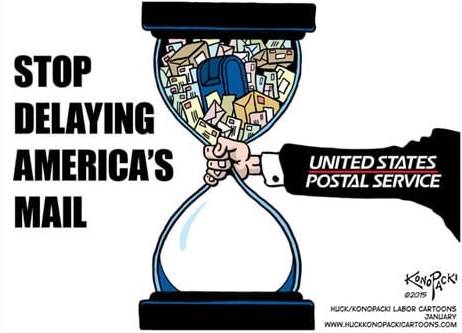Voting Laws Roundup: October 2021
By: The Brennan Center for Justice In an unprecedented year so far for voting legislation, 19 states have enacted 33 laws that will make it harder for Americans to vote. The 2020 federal election drew the highest United States’ voter turnout in more than a century, breaking records despite the Covid-19 pandemic and efforts to undermine the election process with the Big Lie of a stolen election. In a backlash to this historic voter participation, many state lawmakers have proposed and enacted legislation to make it harder for Americans to…
Read More...





